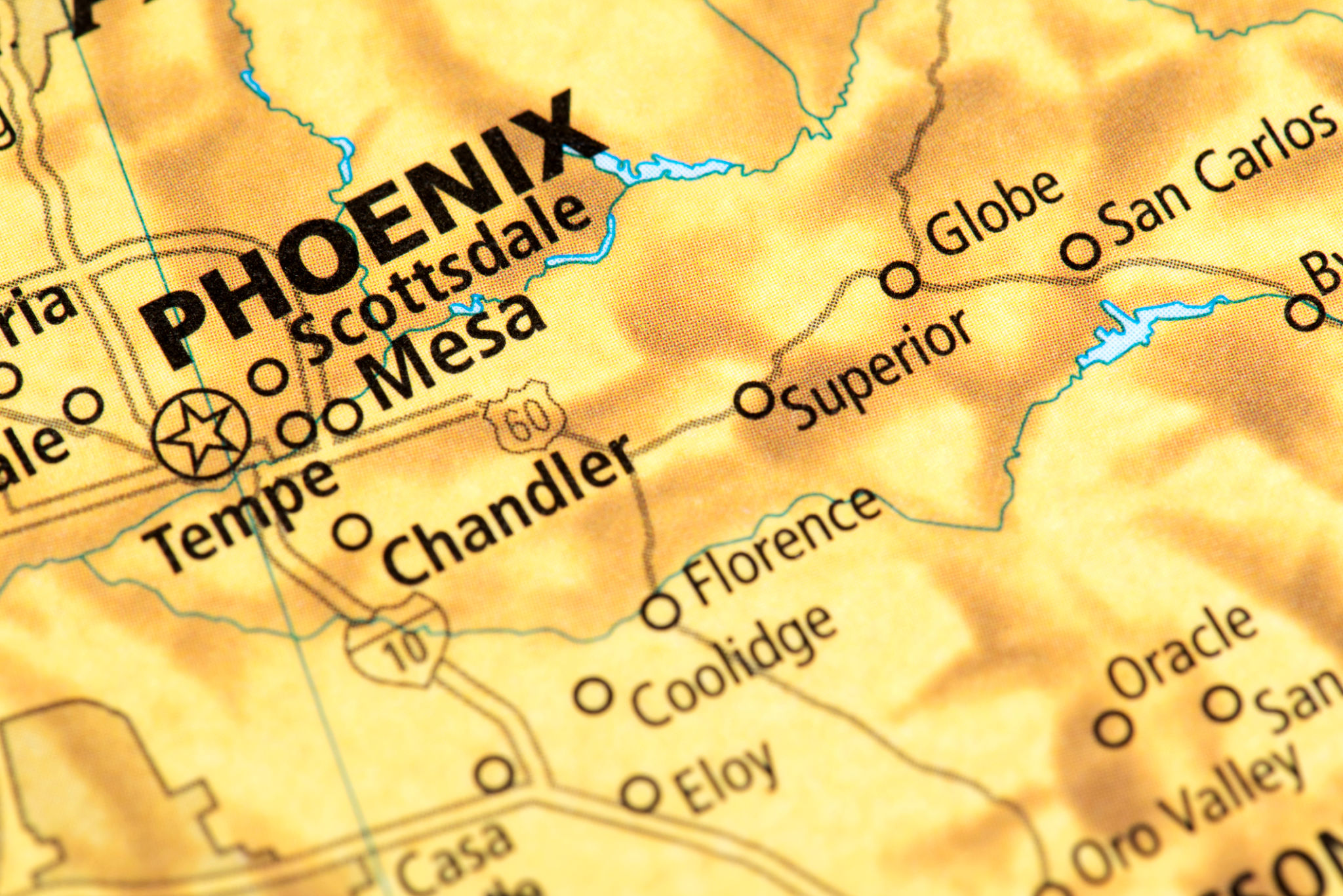Navigating Scottsdale's Rental Regulations: What Property Owners Need to Know
DS
Understanding Scottsdale's Rental Regulations
Scottsdale, Arizona, is known for its vibrant community and thriving rental market. However, navigating the city's rental regulations can be complex for property owners. Understanding these regulations is crucial to ensure compliance and protect your investment. This guide will break down the essential aspects of Scottsdale's rental regulations to help you manage your property effectively.

Licensing Requirements
One of the first steps in renting out a property in Scottsdale is obtaining the necessary licenses. Property owners must secure a Transaction Privilege Tax (TPT) license, which allows them to legally collect rental income. This requirement applies to both short-term and long-term rentals. Additionally, owners of short-term rentals must register their properties with the city to ensure they are operating within local guidelines.
Zoning and Occupancy Limits
Zoning laws in Scottsdale dictate where rental properties can be located and how they can be used. It's essential to familiarize yourself with these zoning regulations to avoid potential legal issues. Moreover, Scottsdale enforces occupancy limits based on the size and layout of the property. These limits are designed to maintain neighborhood integrity and safety standards.

Short-Term Rental Regulations
Short-term rentals have gained popularity in recent years, but they come with specific regulations in Scottsdale. Property owners must comply with rules regarding noise, waste management, and parking to minimize disturbances in residential areas. The city also requires emergency contact information to be available for guests, ensuring quick resolution of any issues.
Tax Obligations
Understanding your tax obligations as a property owner is crucial. Scottsdale requires owners to pay taxes on rental income, including a local sales tax and a transient lodging tax for short-term rentals. Keeping accurate records of income and expenses will help you meet these obligations and avoid penalties.

Legal Considerations
Being aware of legal considerations is vital for property owners in Scottsdale. This includes understanding tenant rights and ensuring that lease agreements comply with state and local laws. Scottsdale enforces strict anti-discrimination policies, and property owners must adhere to fair housing laws when selecting tenants.
Property Maintenance Standards
Maintaining your rental property in good condition is not only beneficial for attracting tenants but also a legal requirement. Scottsdale has standards for property maintenance that include regular inspections, pest control, and ensuring that all safety devices are functional. Keeping your property well-maintained can prevent costly repairs and legal issues down the line.

Conclusion
Navigating Scottsdale's rental regulations can be challenging, but staying informed is key to successful property management. By understanding licensing requirements, zoning laws, tax obligations, and legal considerations, property owners can ensure compliance and protect their investments. Regularly reviewing local regulations and seeking professional advice when needed will help you stay ahead in Scottsdale's dynamic rental market.